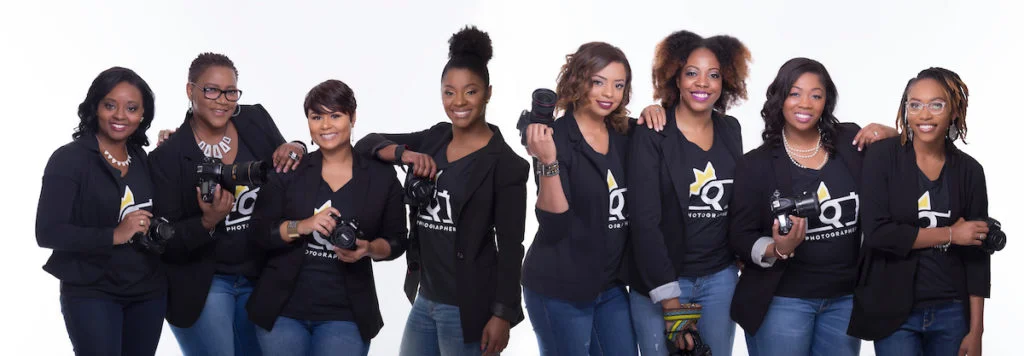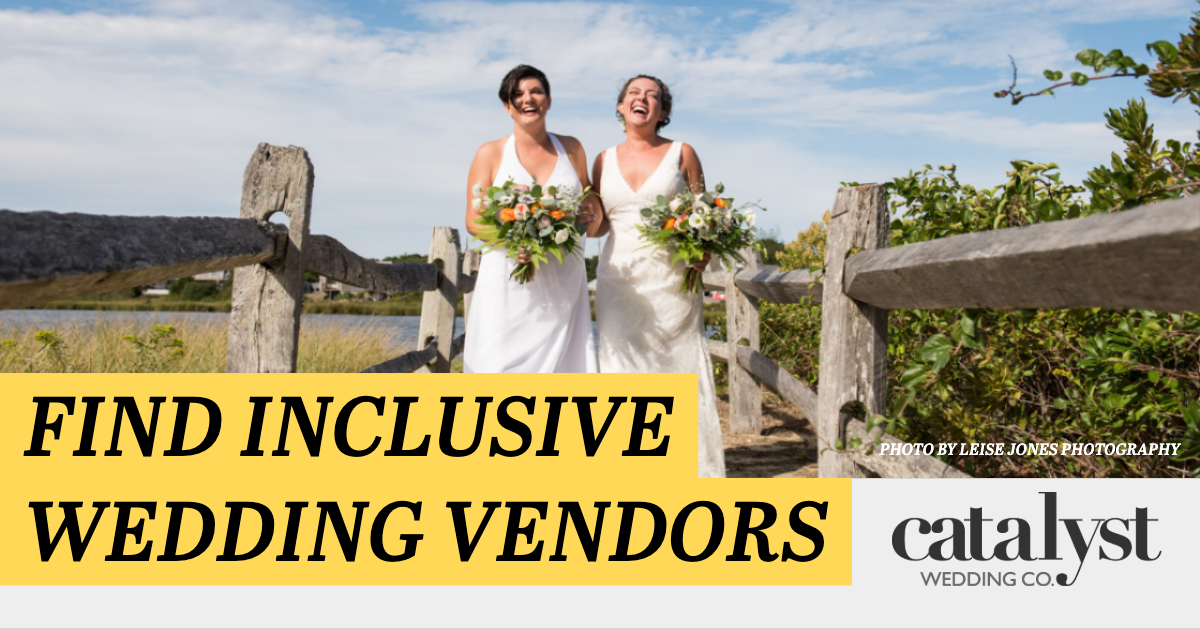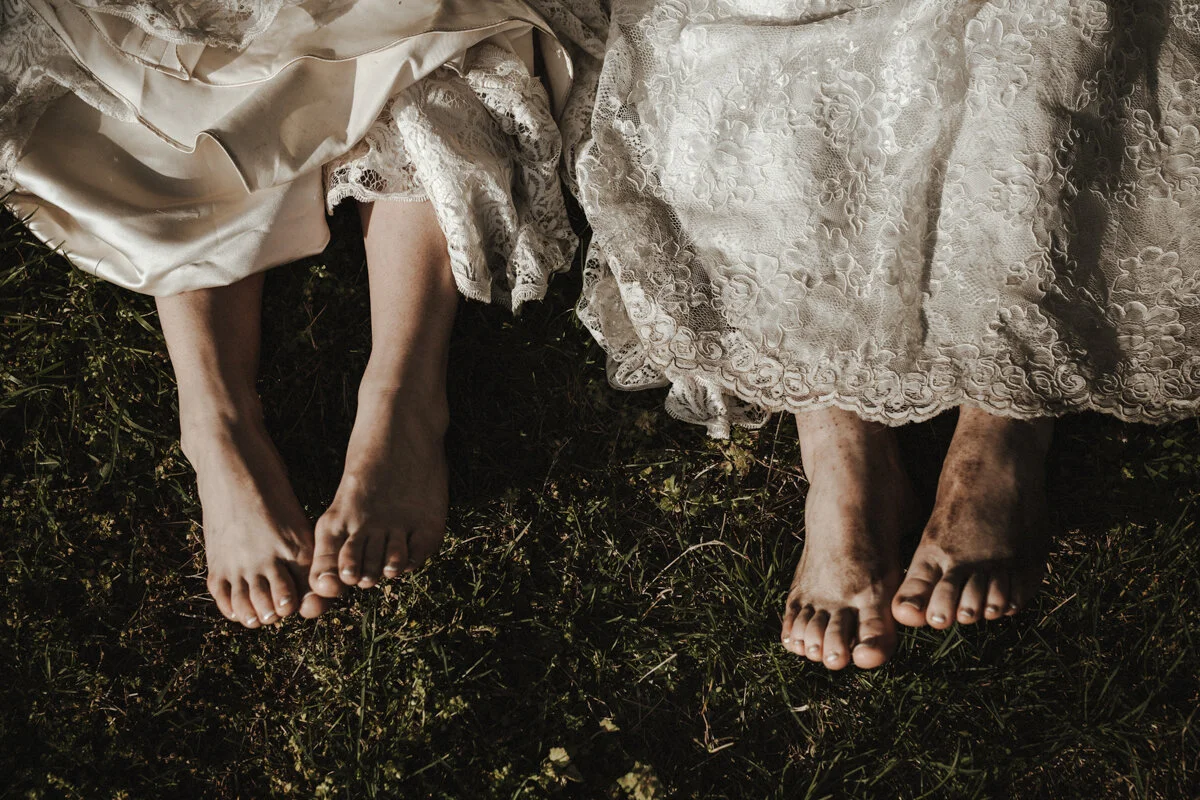Woke Wednesday // Meet South Carolina Photographer Latoya Dixon Smith
/We sat down with South Carolina Photographer Latoya Dixon Smith to talk about how she balances working full-time as an engineer, running a growing photography business, leading a group for Black women in photography, and being a parent.
Liz: What was growing up like for you? Can you tell us a bit about your background?
Latoya: I grew up in a small town just outside of Columbia, South Carolina, with my grandparents and my mom. My grandparents are both pastors, so I spent a lot of time going to church and traveling with them. My mom was still in school, working to complete her degree. Around age 4, she and my step-dad (who everyone knows as my dad) got married and that began our own little family unit.
Liz: And what was your transition into adulthood like?
Latoya: That's a great question. Where to begin? Well, I give a lot of credit to my parents for my upbringing. They were really strict, especially when it came to academics. That made for some interesting, angsty teenage moments, but everything they taught me about a strong work ethic has stuck with me.
Liz: How has that played out in adulthood?
Latoya: My dad's favorite thing to tell me was "Focus!" With everything I associate my name with, I aim to give it my all. If it doesn't have my full commitment, then you know I'm not motivated by it in the slightest. With relationships, with jobs, with projects...I have to be fully present for it to matter. And vice versa. I work a full-time corporate job, but those that don't know me think that I'm a full-time photographer. I just love what I do so much and treat it as my full-time job.
Photos by Latoya Dixon Smith
Liz: Yes, I know you as a photographer. What do you do in the corporate world?
Latoya: I'm a Supplier Quality Engineer. It satisfies that part of my brain that wants to be overly analytical. I've always been somewhat of a math and science nerd.
Liz: Interesting. So how did you come to photography, and what was starting your own business like?
Latoya: I came to the world of photography about how a lot of photographer moms do. When my son was about 18 months old we bought a camera. My curiosity challenged me to become better and better, and before I knew it, I had people asking me to take their family photos. It wasn't until I linked up with another aspiring photographer in my area, another black woman, that I was inspired and encouraged to take myself seriously and start the business. We later created an organization that provides a network and the tools and resources for women of color, a model of what we needed when we began our photography journeys.
Liz: I have to say I'm wildly impressed regarding how many things you do... and do WELL, as you said. Can you tell us a little more about your inspiration for starting The Queen Photographers?
Latoya: Thank you! The Queen Photographers is a result of that saying, "create what you wish you had." I found my partner and co-founder, Sierra, on Instagram. I literally found her while searching through hashtags and saw that she was another aspiring photographer in the area (the power of social media). We instantly connected over our creative aspirations, our early career professions, and in general about being young, black women. Around that time I also saw that there was a brand called Brown Girl with a Camera that traveled the country and held meet-ups. I reached out to the founder of BGWAC, Ruby Melton, and proposed that she come to Greenville, South Carolina. And we made it happen! That experience was magical for us. For total strangers to come together to find such camaraderie was incredibly inspiring. After the event was over, we couldn't dare let that be the last of it, so we created a Facebook group with all the attendees and called it the Queen Photographers of SC (QPSC). As we grew and invited more members, held more meet-ups, and when we eventually hosted a workshop in Charleston, people started to notice us. We were then being asked to come to Atlanta, Charlotte, and beyond. Because of this, we decided to legally form as The Queen Photographers. Now our goal is to create what we wish we had wherever there's a woman of color photographer who's looking for a community to grow and learn with.
The Queen Photographers
Liz: Awesome. So this transitions beautifully into my next question. Do you identify as woke, feminist, or otherwise a social justice advocate?
Latoya: I think "woke feminist" best describes me. My flavor of feminism is very much intersectional, which is why I use the terms together. There are so many factors from my upbringing that contribute to that: from having a mother who showed me that Black women are incredibly resilient no matter what we face, to having a father, born of another country, teach me how to be diplomatic and respect different cultures, to learning how to love people who were just simply different from myself in any way. We each have our own story to tell. It doesn't always sound the same, and it doesn't always come from a familiar face or voice. Having my own voice diminished has taught me to never overlook anyone or take anyone's unique story for granted. Chimamanda Ngozi Adichi's TED talk, "The Danger of a Single Story" sums up how I try to view the world, by rejecting a single story and listening to more stories that I'm unfamiliar with.
Liz: I love that. Thank you for sharing how you came to identify as a woke feminist. And do you incorporate these values into your work?
Latoya: I do! The part I love most about being a photographer is sitting down with my couples to dig into their stories, walking through their individual timelines aloud to the point where they became one. It usually sparks the storytelling, and I can just sit back and listen. It's important to attend those conversations without any assumptions. My role is multifaceted, and I don't take for granted the individuals who entrust such a momentous day for me to document. They're asking me to tell their story visually. I have to ensure that I'm telling the right one.
Liz: Thank you so much, Latoya!
Latoya: My pleasure! Thank you again for having me.


























